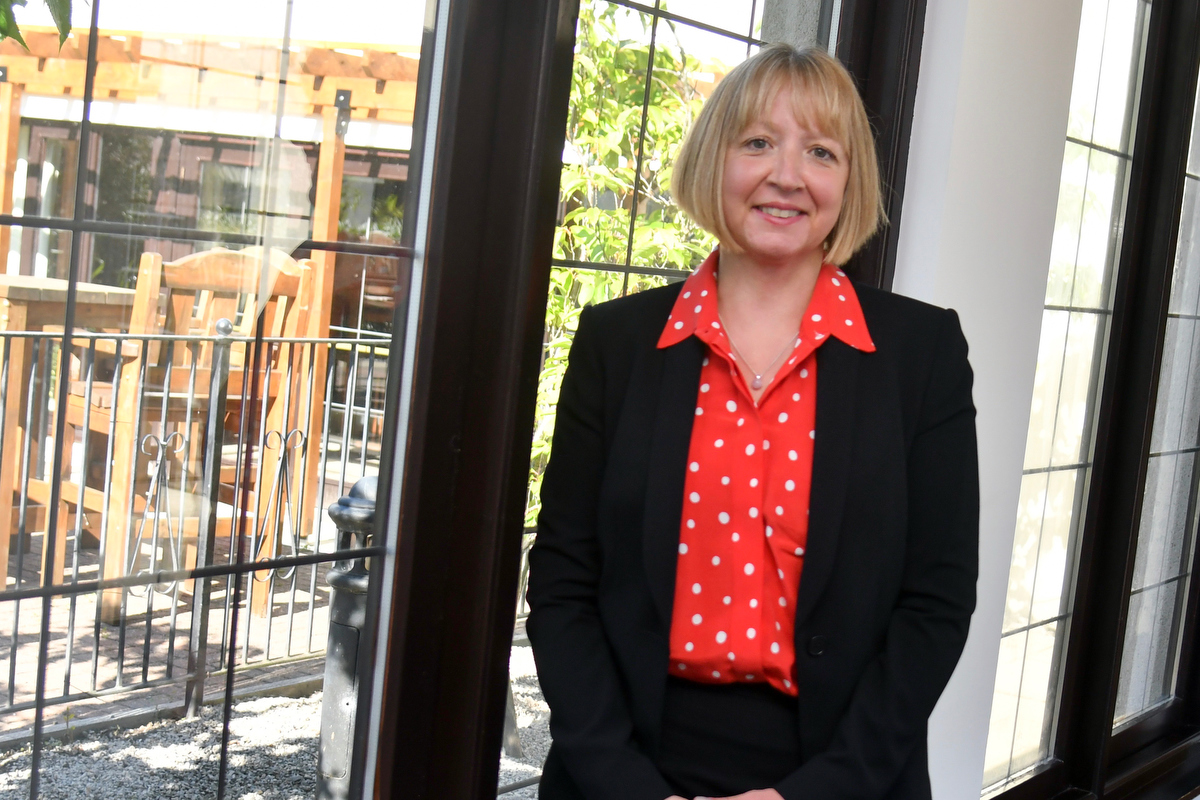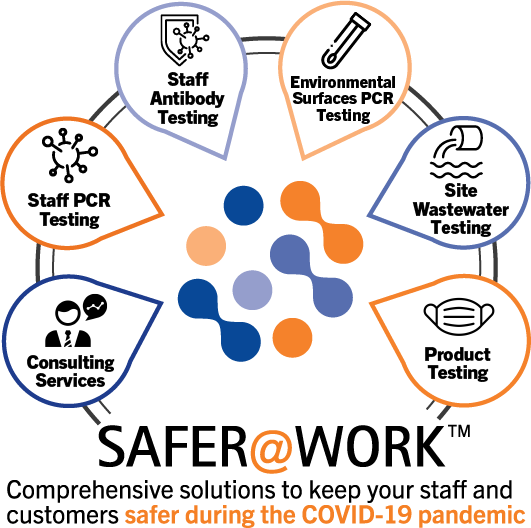I completed a computing degree studying part time, and in my last year I worked for a company that produced personal safety devices for lone workers. I was responsible for creating new features and maintaining the existing system for the online customer service portal. I also maintained a legacy internal tool which used the same tech stack as the customer service portal.
The main tech stack I interacted with included C#, ASP Web forms, and SQL Server. I joined the Home Office as an associate software developer in the Digital, Data and Technology (DDaT), Homeland Security team. The tech stack I used there was Java, Amazon Web Services (AWS), Jenkins and Terraforms. Then I moved to the Data Analytics team where I currently work, writing Python code.
In just a little over a year I was promoted to a mid-level software developer and my current project still supports Homeland Security, where I am helping to protect the safety of UK citizens every day.
I wanted to join the Home Office to make a difference, particularly in public safety and counterterrorism. I was also attracted by the great benefits on offer, which includes a generous annual leave entitlement, flexible working hours, a civil service pension with employer contribution of 26.6 – 30.3%, paid-for learning opportunities and more. There is also a recruitment and retention allowance for those working in the DDaT team where your skills and experience are considered when applying for a role or during your employment.
Since joining the Home Office, I have been able to make use of learning and development opportunities with technologies such as AWS accredited training funded by the Home Office. In my role, I start my day with a morning stand up meeting with colleagues working across the project, otherwise called a scrum meeting. I work on various Jira tickets (tasks) each day. Some can take just a few hours, and others might take a couple of weeks depending on their complexity and the amount of work required.
The technologies I use day-to-day are Python, PostgreSQL, AWS, Docker, and Kubernetes, to name a few. The project I work on is an investigative lead generation tool which processes complex data from various sources. This tool analyses the data gathered and contributes towards the safety of UK citizens. I also assist with recruitment activities, sitting on interview panels for similar roles to mine to help build our teams to deliver this important work. My main go-to tech for debugging Python code is a programme called PyCharm. We also make use of a pytest suite which is used to write and maintain unit integration and end-to-end tests for our code bases. Occasionally SQL might cause issues rather than Python code, in which case I might debug SQL in a programme called DBeaver, which is what we use to write and troubleshoot our SQL code in.
Why should job seekers consider a digital and tech career at the Home Office?
There are great opportunities for development and progression and plenty of interesting, meaningful projects you can be involved in. There are many different career paths you can take, depending on what you choose to specialise in. Whatever tech stack you are familiar with, there will always be a project where your skills are required. You will also be able to learn and develop your skills whilst working on the project and there is dedicated time given to employees for training and development.
Find out more and apply
To learn more about the opportunities on offer, visit our Home Office careers website and apply for one of our exciting digital roles on offer.









